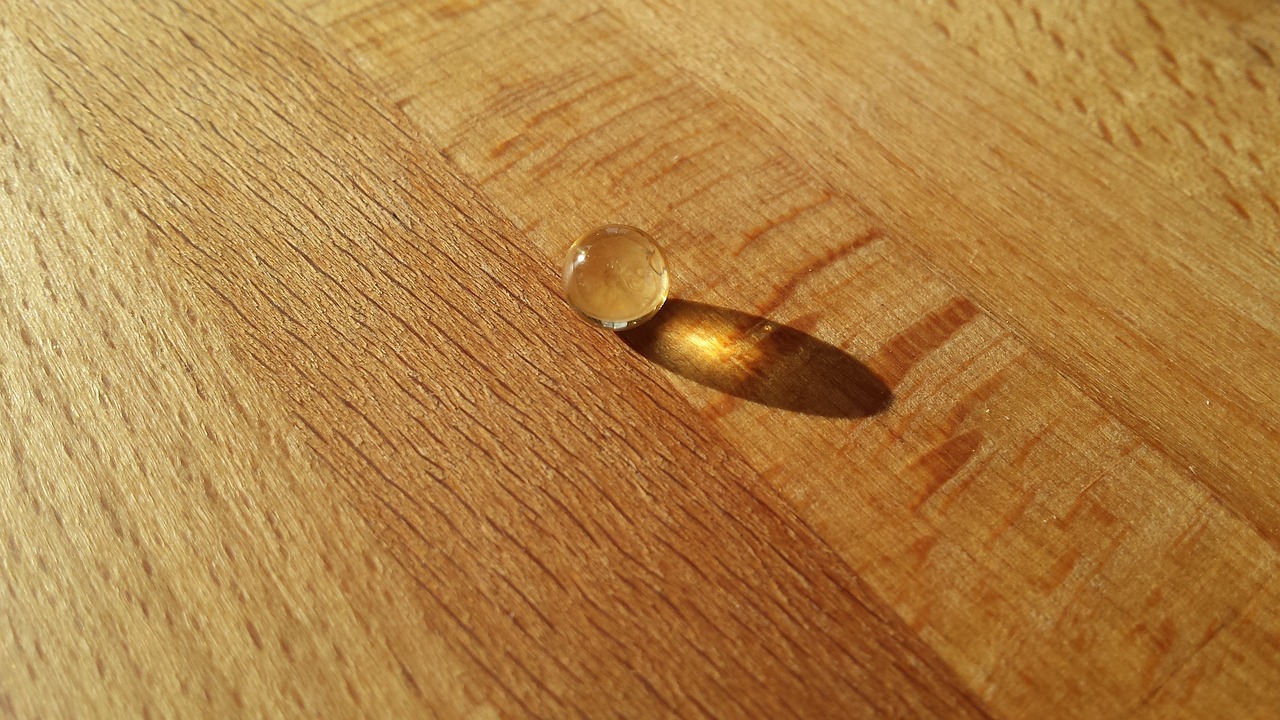Vitamin D plays a large role in overall health, but absorbing adequate levels can be challenging, especially in the colder months. A Baylor College of Medicine expert offers tips on how to maintain your vitamin D intake this fall and winter.
Vitamin D is well known to support bone health, but it also plays a role in heart health as well as your digestive system. “It’s harder to get because so much of our absorption and how we convert the vitamin into usable material in our bodies comes from the sun,” said Dr. Mike Wren, assistant professor in Baylor’s Department of Family and Community Medicine. You need sunlight high in the sky, not at sunrise or sunset, for your body to effectively absorb sunlight for vitamin D absorption.
While some fatty fish and seafood naturally contain some vitamin D, it’s not usually found in other foods, so people don’t usually get enough vitamin D from their diet. Exposure to sunlight helps, but people are more deficient in the fall and winter months when sunlight may be less. A typical adult needs 800 international units of vitamin D per day, which roughly translates to 15 to 30 minutes of good, direct sunlight. You don’t need to wear a swimsuit just to sunbathe. For adequate exposure, you can wear full sun on your face or hands. Make sure you are exposed to the sun during peak sunlight and not at sunrise or sunset.
While some winters are very mild, others require you to cover up completely to stay warm and expose skin to the sun. If you’re fully clothed in winter clothing that covers your hands and face, you won’t get as much UV and vitamin D absorption as someone who spends time outdoors in warmer climates.
If you spend a lot of time indoors, especially without windows, Wren recommends taking an over-the-counter vitamin D supplement.
He said that if you supplement, you need more than the recommended 800 IU per day because you’re not going to absorb 100% of that supplement, so get 5,000 IU as a base. It is a supplement and it is safe to use. If there is a small amount in excess, your body will expel it.
Vitamin D deficiency is evident in people who spend too much time indoors and too little time outdoors. A common side effect of weight loss surgeries such as gastric sleeve is decreased absorption of vitamin D, so these people may need more supplements than the general population. People with cystic fibrosis or kidney and liver disease have absorption problems because these body functions normally help metabolize vitamin D.
Vitamin D is touted for calcium absorption and bone health, but recent studies also show a link between vitamin D and heart health, as well as vitamin D and a lower risk of cancer.
Some new studies also show that vitamin D is important for proper muscle function, such as a continuously beating heart, as well as reducing the risk of various cancers, he said. These are new studies, so I don’t want to overstate their importance, but on the other hand, I don’t want people to trivialize it and say it doesn’t matter.
Wren emphasizes the importance of checking your vitamin D levels.
#vitamin #autumn #winter
Image Source : www.bcm.edu

